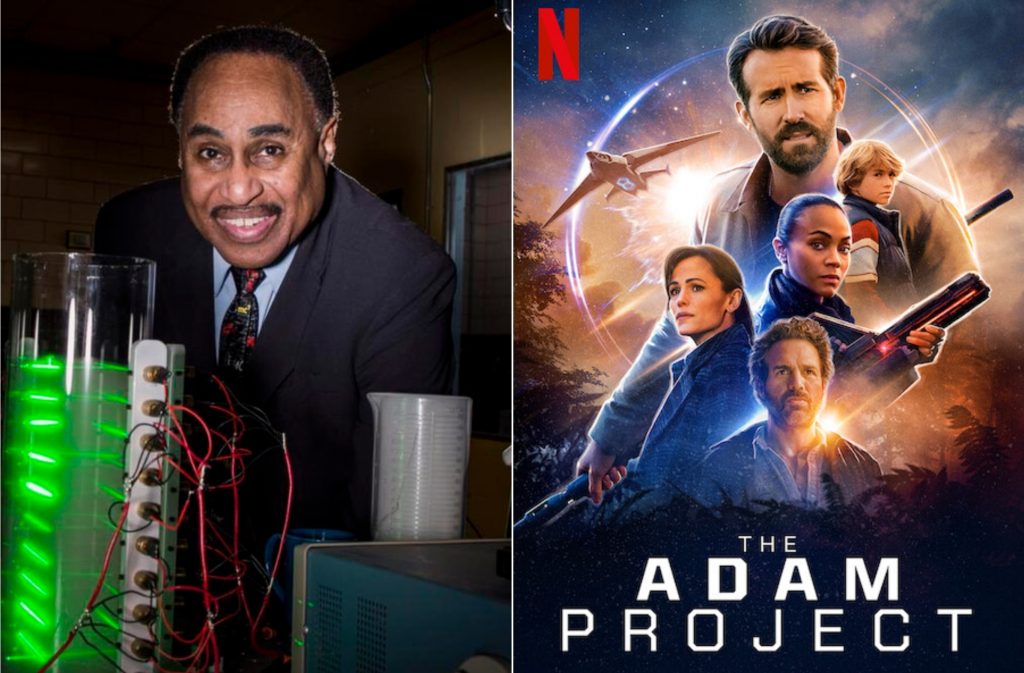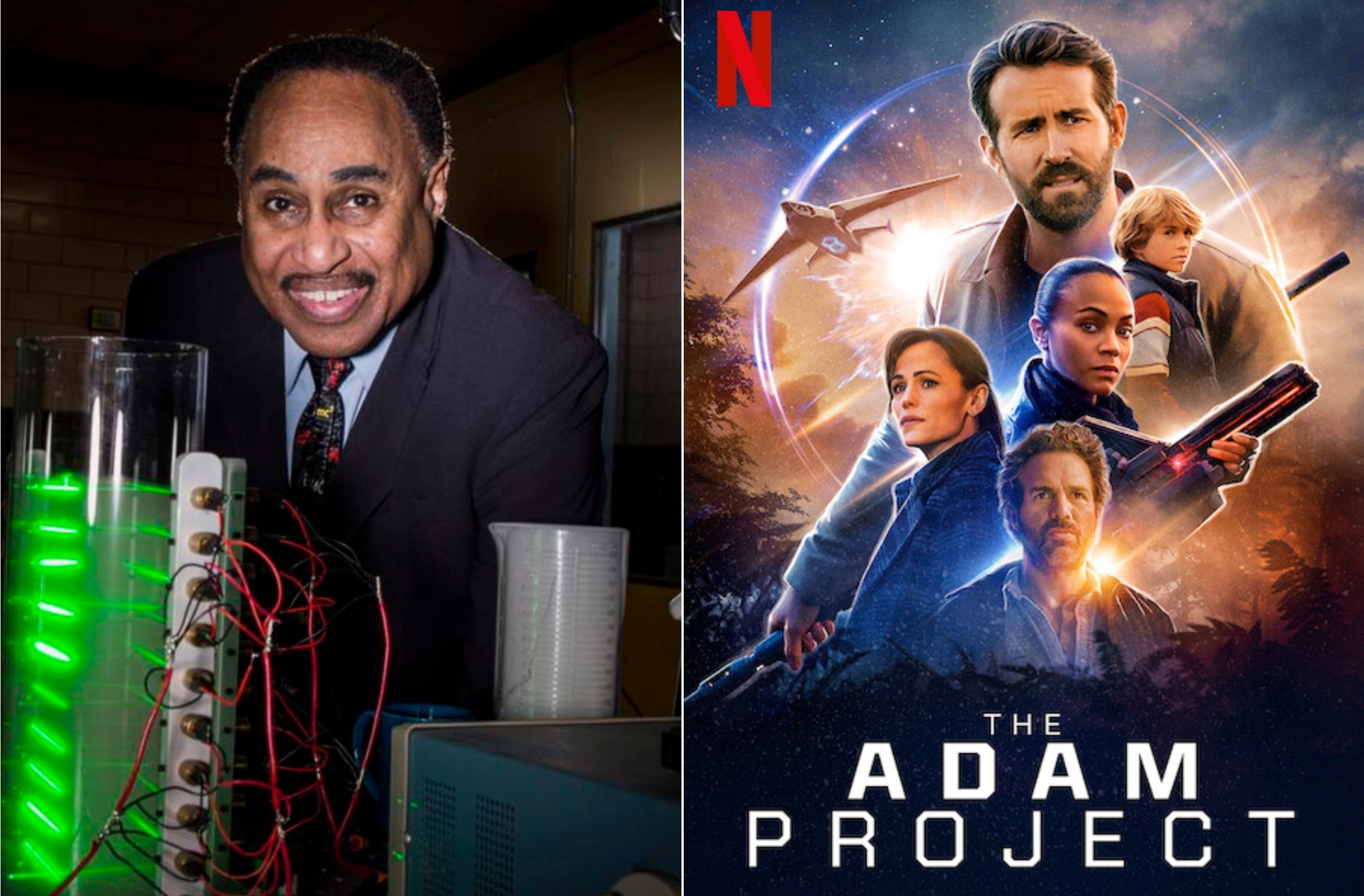
Time travel may seem like just the subject of science fiction fantasy in movies like Back to the Future and The Adam Project, but believe it or not, time travel is real.
At least that’s the claim of esteemed theoretical physicist Ronald Mallett. Professor Mallett of the University of Connecticut is a staunch believer, and has been throughout his whole career, that time travel is possible.
After the death of his father when he was 10 years old in 1955, he read H.G. Wells’ book The Time Machine. This developed into a lifelong obsession into the scientific feasibility of time travel in an effort to bring his own father back. He details his journey and the serious science behind his theories in his 2006 memoir Time Traveler: A Scientist’s Personal Mission to Make Time Travel a Reality.
Professor Mallett sat down with Newsweek to rate what some famous time travel movies got right and wrong. He also discussed the practicality, paradoxes and implications of the plots
There are a lot of theories when it comes to time travel, as detailed by Professor Mallett. We’ll do our best to condense each complicated theory down to explain them in a concise and digestible manner.
The Adam Project (2022)
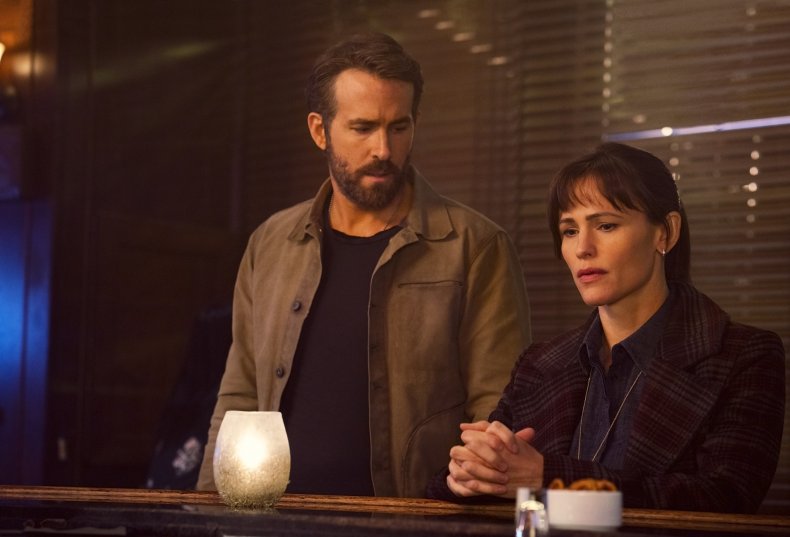
Doane Gregory/Netflix
Professor Mallett told Newsweek: “I loved it. It was great, mostly because I had an emotional connection with it.
“In this particular case, they don’t really tell you the science. They do give you this reactor but they don’t tell you how this reactor is supposed to affect things.
“The fact that the adult Adam uses of a wormhole to travel back to the past is definitely a possibility based on Einstein’s general theory of relativity. Though theoretically, wormholes can be used to travel to different parts of space like in Interstellar, rather than to travel back in the past like in The Adam Project.
“I didn’t see the science but I did see once again the possibility of all three of them, younger Adam, older Adam and their father meeting. This would have catastrophic results normally, so I feel that they’re implying there’s sort of a parallel universe thing going on here, that each of them are now along on a different timeline.”
Back to the Future (1985)
RM: “I love that movie, but it’s not a fair representation of time travel. You cannot use that speed [88 mph]. A DeLorean is never going to get you to the past, it won’t even go fast enough to get you into the future, let alone the past.”
The Grandfather Paradox is the main crux of Back to the Future, and for many other time travel movies. This theory suggests that if a person traveled to the past and killed their own grandfather before the conception of their mother or father, then it would prevent their own birth. Professor Mallett explains how this paradox used in Back to the Future is assuming it’s the same timeline, while The Adam Project opens up parallel universes/timelines.
RM: “The whole thing with Marty McFly and his mother, what it’s saying is, is that there may only be one timeline, and if you do something in the past, you could alter your own existence.”
Avengers: Endgame (2019)
RM: “One of the things that I liked about it is the fact that it was Captain America who stayed in the past, and when they meet him again, he’s his older version of himself, which is what would happen if someone went into the past and stayed.
“One of the things that some of these movies do which is clever is the fact that they don’t tell you how it’s done. When they don’t, you can enjoy it without science. So if someone was saying ‘how much science is there in Avengers: Endgame?’ I would say, ‘not much’. But I like the fact that Captain America stayed in the past. He was an older version of himself when he meets his friends again. There’s not much in the way of science there but that’s what would happen if he stayed in the past.”
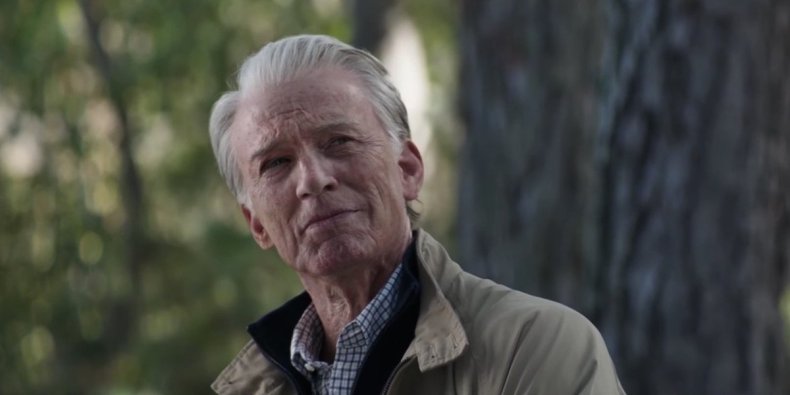
Marvel Studios
Tenet (2020)
RM: “Tenet is an entertaining movie, don’t get me wrong, but the confusing thing, and the reason I have some problems with it, is they connect the concept of time reversal with entropy.”
Entropy is the scientific concept and measurement of physical properties associated with the state of disorder, randomness or uncertainty. Professor Mallett used the example of an ice cube melting as it started out in an “ordered state” and when it melts it becomes a “disordered state,” meaning its entropy increased.
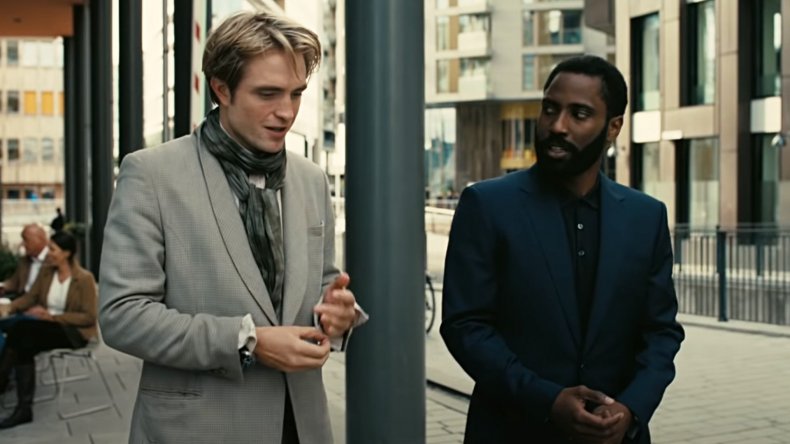
Warner Bros
RM: “They imply that it’s entropy, and somehow this device used is reversing entropy. It’s just really confusing because the fact is, it’s not true that entropy and time are the same thing.”
Interstellar (2014)
RM: “Interstellar uses the notion of wormholes and those are a real possibility in Einstein’s theory [of relativity]. They were clever because one of the scientific advisers was Kip Thorne who won the Nobel Prize for his observation of gravity waves. So the things they say about the effect of black holes on time, the science in Interstellar is superb, I have to say.
“That’s one thing that they talked about the fact that they’re near a black hole, so time slows down for the people near the black hole, relative to the people who are not. And how speed is affected by time. All of that is very accurate. So my summation for Interstellar is it gets it right.”
Looper (2012)
RM: “The ending of Looper is related to the Grandfather Paradox because it’s assuming there’s only one timeline. So if you go back into the past, and you change that, then you really do alter everything that happened subsequently.
“They don’t tell you how they do it once again. They leave that open, so I can’t critique how they did it. But I can say that, yes, it is possible.”
Primer (2004)
RM: “Primer is really good. Once again, the science of it is not clear, but the one good thing that isn’t mentioned in a lot of movies is that you can only go back to the past of the moment that the device is turned on. Other movies don’t talk about that. They act as if you can go anywhere into the past but you can’t.
“So that limitation of only being able to go back to the past, to the point where the process that’s causing your loops in time to occur. That was right, you can’t go back earlier than that.”
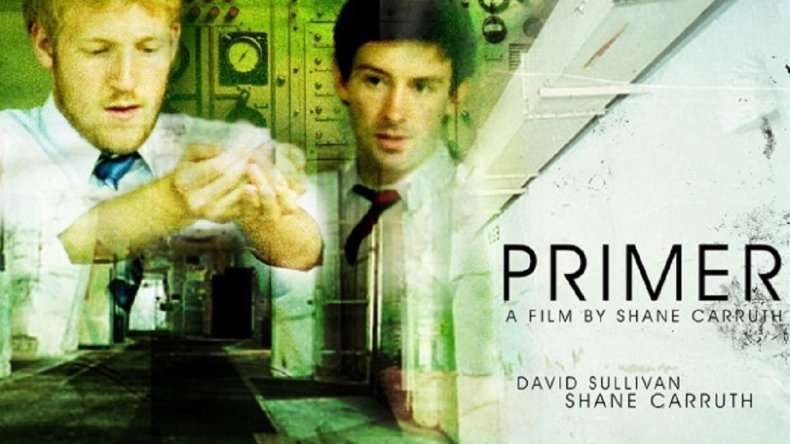
IFC Films
Déjà Vu (2006)
RM: “What I liked about Déjà Vu was the fact that it dealt really with and in a good way with the notion of parallel universes as an effect of time travel to the past. It’s important in the plot that Denzel Washington is in a parallel universe, not to give the plot away.”
In the Shadow of the Moon (2019)
RM: “To me, it turns this idea of the Grandfather Paradox on its head. They did something that I hadn’t seen done in other movies before. In the Shadow of the Moon really dealt in a very good way with the possibility of what could happen if one goes into the past.”
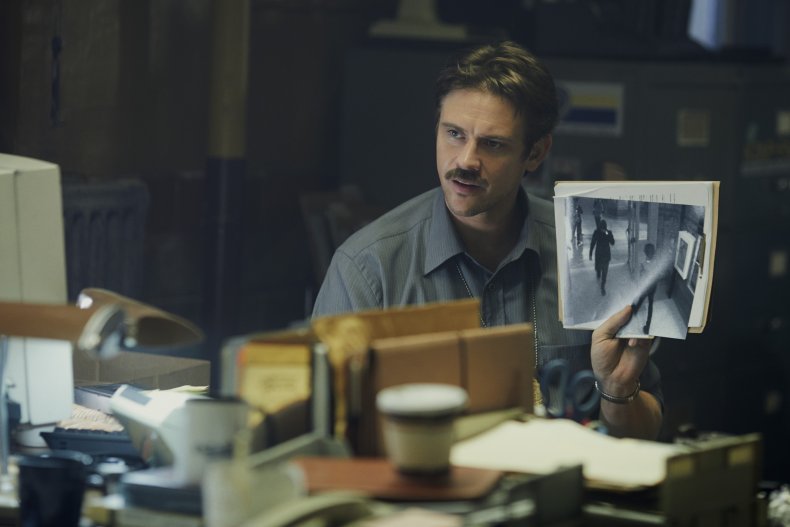
Sabrina Lantos/Netflix
Doctor Who (1963 – present)
We included Doctor Who in the list because he has been called the “real life Doctor Who” by media outlets.
RM: “Doctor Who, the Tardis, once again they don’t explain how that thing works. What’s fun about Doctor Who is the fact that you can go back into the past and he can travel to different points in time, but once again, it’s entertaining. As far as the science, they don’t really tell you much about how that science is going to work, which is just as well.”
Ronald L. Mallett, professor emeritus of Physics at the University of Connecticut, wrote his memoir in 2006. The book Time Traveler: A Scientist’s Personal Mission to Make Time Travel a Reality is available to buy on Amazon now.
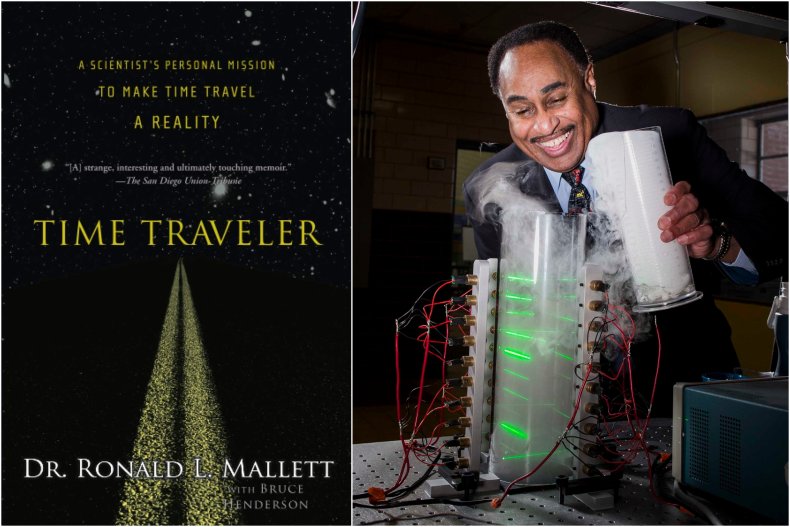
Scott Eisen/Amazon / Bloomberg via Getty Images
